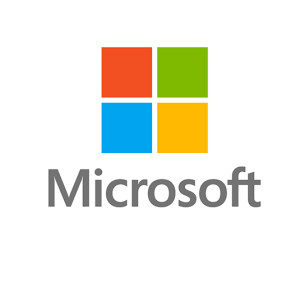
March 24-25, 31 and April 1, 2023
8:00 am - 2:00 pm PST
This workshop is intended for community college faculty interested in becoming cybersecurity faculty or faculty wishing to expand their knowledge, earn an industry certification, and strengthen their ability to incorporate new cybersecurity content in their community college curriculum.
This workshop will explore the basic principles of IoT through several real-world, project-based applications. Participants will explore the components of an IoT system, how to write programs for devices, connect to the cloud, analyze data, run AI, and learn how to secure your IoT project. This workshop will also cover Microsoft Azure fundamentals including the service, management tools, general and network security, and governance and compliance features. Each project will include a pre- and post-quiz along with knowledge checks and challenges.
The workshop will be delivered virtually through Zoom and Canvas. Participants will be asked to complete a series of projects and assessments. Content covered during this course will prepare participants for the Microsoft Azure Fundamentals certification.
Stipend:
Eligible community college faculty who successfully pass the Microsoft Azure Fundamentals certification exam will receive a stipend toward preparation for and the cost of the certification exam.
To be eligible for the stipend, you must:
- Currently teach credit courses (full-time or adjunct) at a regionally accredited U.S. community or technical college
- Provide evidence that you passed the certification exam, such as a copy of the certification or exam report
- Provide a current W9 tax form to the NCyTE Center
Facilitators:
Dr. John Sands, Co-PI of NCyTE and Director of the Center for Systems Security and Information Assurance (CSSIA) and professor at Moraine Valley Community College in Chicago, and his team of expert instructors will lead the workshop.
REGISTER TO ATTEND
 This workshop is funded by the Microsoft Accelerating Community College Cybersecurity Excellence (ACCCE) grant # 2021080009
This workshop is funded by the Microsoft Accelerating Community College Cybersecurity Excellence (ACCCE) grant # 2021080009